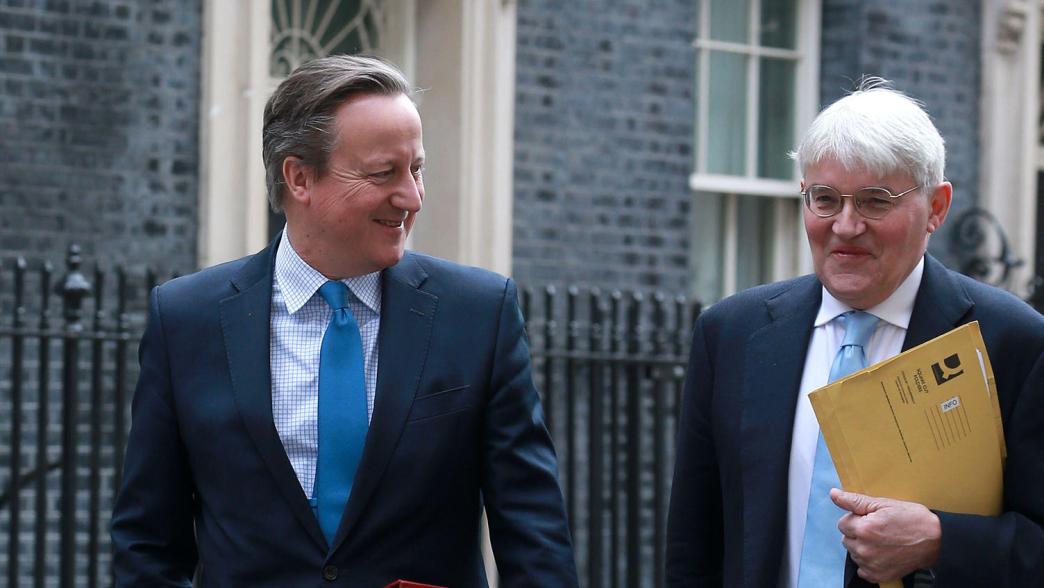Andrew Mitchell’s new job title doesn’t resolve how to best scrutinise Lords ministers like David Cameron
Current arrangements to scrutinise ministers in the House of Lords may not be sustainable.

The newly-anointed deputy foreign secretary had his first Commons outing in the role today. While Andrew Mitchell engaged closely with MPs’ questions, the arrangement does not settle the question of how to scrutinise cabinet ministers based in the Lords, says Tim Durrant.